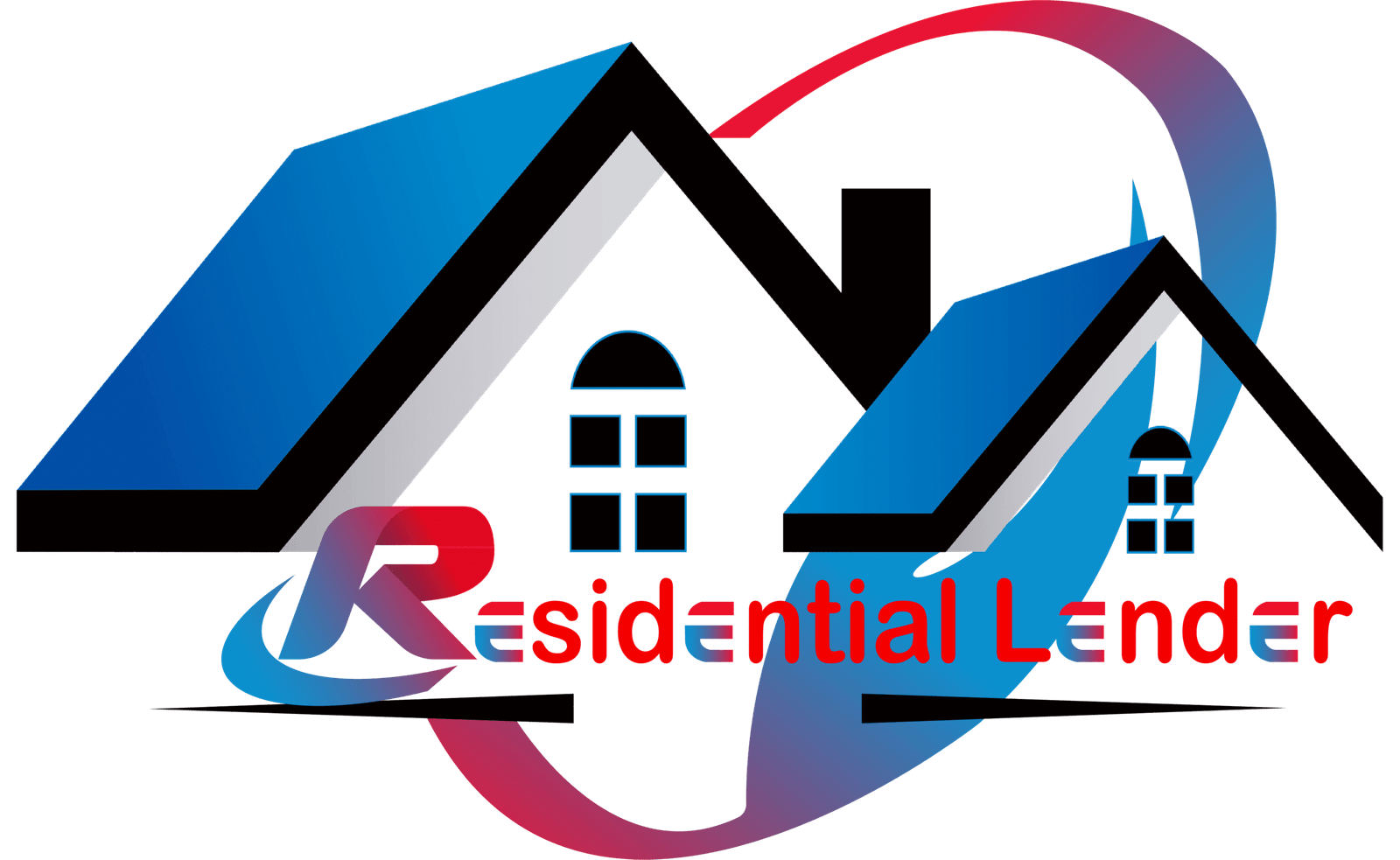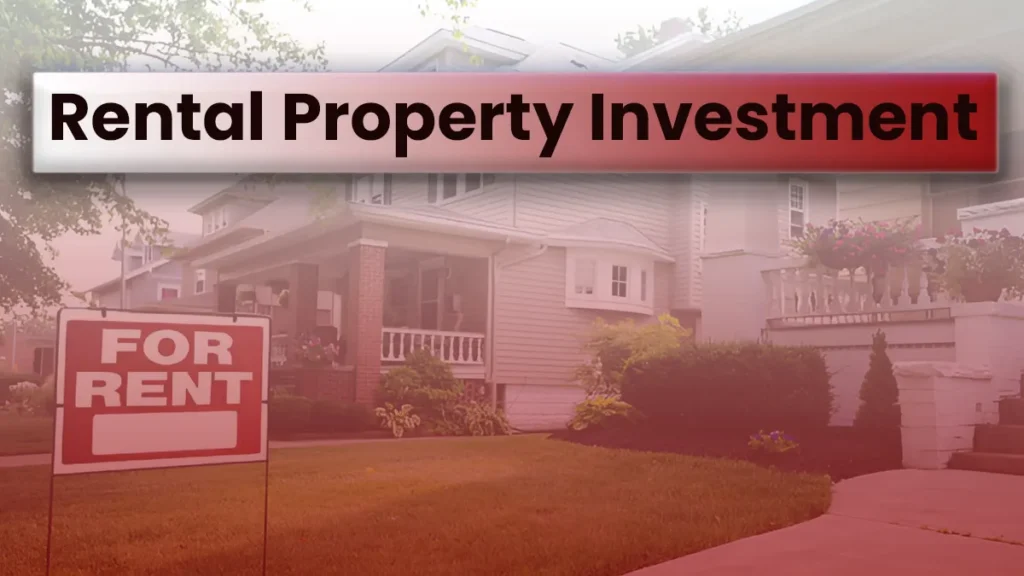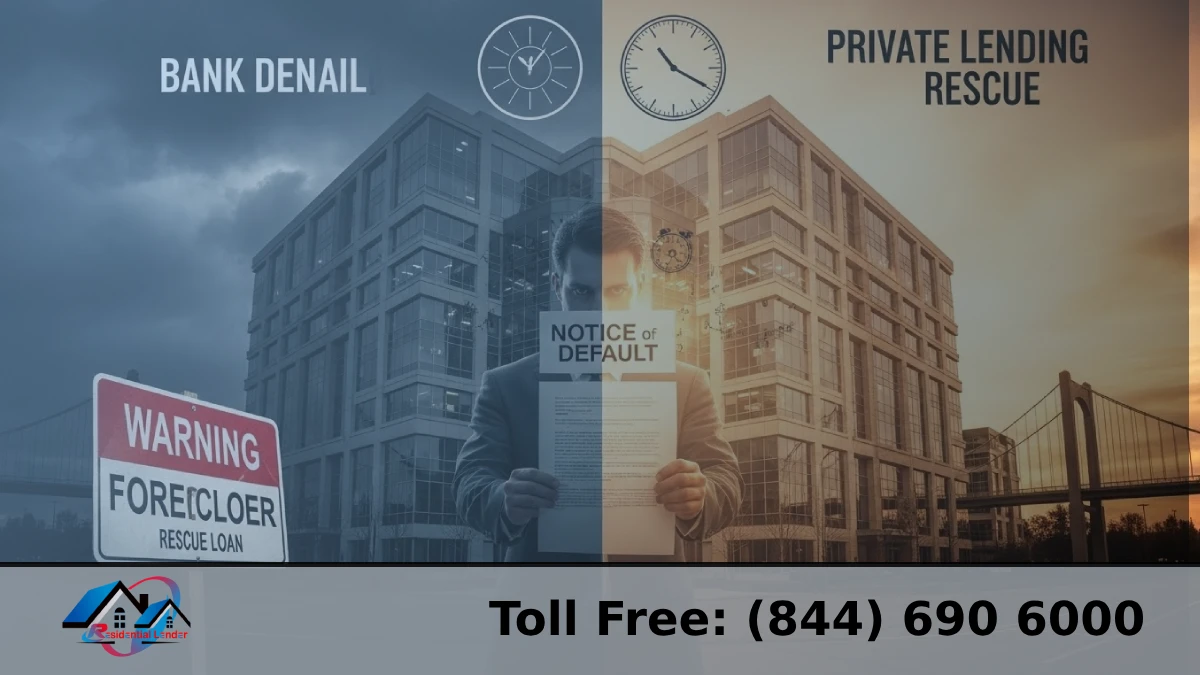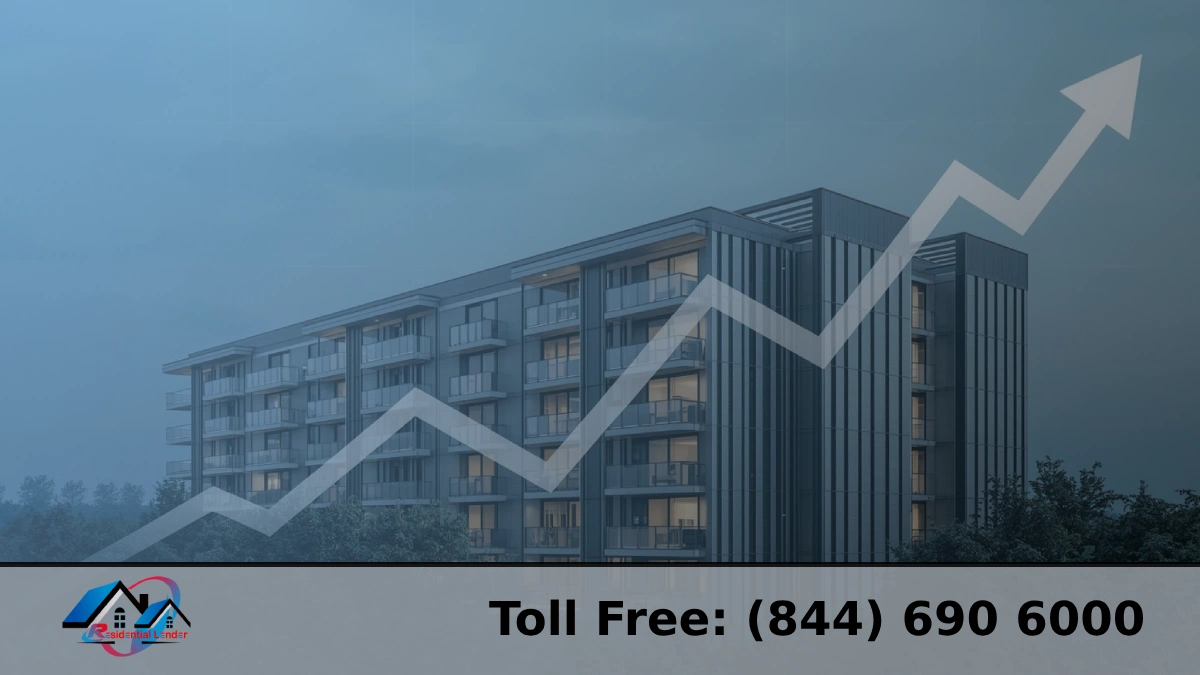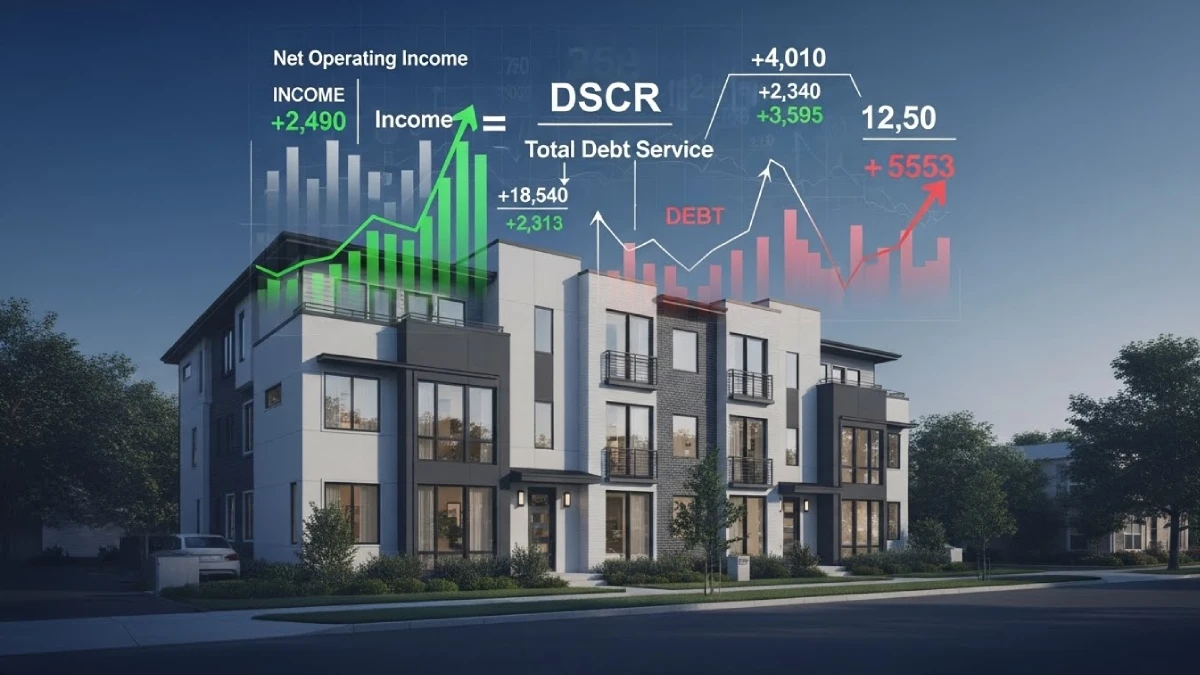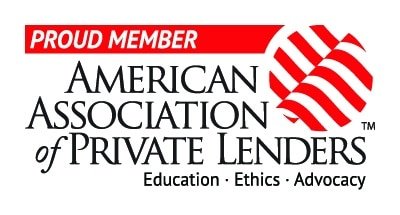Need a break from the stock market? Check out the safe world of rental property investment!
Prices on the stock market have been going up and down wildly every day. Investors may feel scared now, especially those who want a more stable and expected return on their money.
Investing in renting properties might be the way to get away from the ups and downs of the stock market. Investing in rental property is a safe way to make money that lasts for years.
A rental property can be a great way to build wealth over time and give you a steady income. As the value of your home rises, you can either sell it for a profit or refinance it to get a loan to buy more homes.
Reading the rest of this blog post will help you learn more about investing in rental properties. We’ll talk about the 7 benefits of rental property investment. And give you some tips on how to get started.
What is Rental Property Investment?
Rental property investment means buying a house to make money through rent. This kind of business can give you a steady flow of income, the chance for your money to grow, and tax breaks.
Is it a good idea to buy this rented property?
It is, yes. There are a few different ways to invest in rented property:
Purchase and Hold: Most investors buy a property with the plan to keep it for a long time. This is called “purchase and hold.” The goal is to make money from rent and see the land’s value increase.
Fix and Flip: With this approach, you buy a house, fix it up, and then sell it quickly for a profit. The goal is to make money in the short run.
House hacking: This means living in one building with multiple units and letting out the others. This can lower the cost of living and make money simultaneously.
What does Cash Flow mean?
Cash Flow is the amount of money a rental property makes after all of its costs are taken out, such as the mortgage, property taxes, insurance, and repairs. The cash flow is positive if the rental income exceeds the costs. This means that you get paid every month.
When investing in rental property, you can make money by:
Rental income is the rent that renters pay each month or each year.
The value of a property goes up over time. It is also called property appreciation.
You can write off mortgage interest, property taxes, and depreciation; it’s called a tax break.
You can decide if investing in rental properties is an excellent way to reach your financial goals if you understand these different tactics and the idea of cash flow.
7 Key Benefits of Rental Property Investment
Passive Income Powerhouse
One of the best things about investing in rental property is the chance to make money without doing anything. If you own a home, you can get a steady monthly income from rent, even if you’re busy with other things. This passive income can give you financial freedom and ease, so you don’t have to depend too much on your main job to enjoy life.
Hedge Against Inflation
Putting your money into rental properties can be a great way to protect yourself from inflation. Unlike investments with a set income, rental income can often be changed over time to keep up with rising living costs. This means that your spending power can stay stable even during inflation. This is a great way to protect your finances.
Long-Term Wealth Builder
In the past, the value of real estate has tended to rise over time. Long-term growth can help people invest in rental property, leading to wealth over time. If the value of your home goes up, you can get capital gains when you sell or repurchase.
Tax Advantages
Having a rental home can give you tax breaks in several ways. Some of these benefits are tax breaks for mortgage interest, property taxes, and the value of your home going down over time. Knowing about and taking advantage of these tax breaks can lower your overall tax bill.
Diversification
Adding real estate to your list of investments can help spread out your risk. Since real estate doesn’t always move in sync with the stock market, this can lower your total risk. If you buy in various asset classes, you can better protect your money from changes in the market.
Tangible Asset Ownership
Unlike stocks, bonds, and other investments you can’t see or touch, real estate is tangible. Having a real property can make you feel safe and in charge. Having a tangible object you can count on can be comforting, especially when the economy is terrible.
Building a Legacy
Rental property investment can be a great way to leave a lasting memory. You can give your children and grandchildren a helpful asset that can make them money and grow in value over time by passing down your properties. This can be a helpful way to ensure that the money and hard work you earn go to the people you care about.
How to Evaluate Rental Property Investment?
Before investing in rented properties, it’s essential to think carefully about what you want to do. Here are some important things to think about:
Location: This is very important! Look for places where people want to rent, where vacancies are low, and where prices could go up. Consider how close the property is to schools, jobs, and other things tenants want.
Kind of Property: Single-family homes, houses, and apartment buildings have pros and cons. Consider your budget, the type of tenants you want, and how involved you want to be in management.
Costs of renting: Find out the usual rental rates for similar homes in the area to ensure you can make enough money to cover your expenses and have a positive cash flow.
Property Condition: Consider how much it will cost to fix things, make improvements, and do regular upkeep. Consider how old the property is, how good it is generally, and whether it can be improved to use less energy.
Financing: It’s important to know what kinds of financing choices you have. Look into mortgage products made just for rental homes, and consider interest rates and the amount of money you need for a down payment.
Determining how to value rental homes can take a lot of work. This is where ResidentialLender.net’s skills come in. Our skilled professionals can help you with every step, from figuring out your financial goals to finding properties that meet your business needs. It’s our job to help you look at rental rates, understand market trends, and get in touch with lenders who specialize in financing rental properties.
Working with ResidentialLender.net will help you make smart choices to invest in a rental property that fits your financial goals.
How To Calculate Rental Property Investment?
A few essential things are needed to determine the possible return on a business property that is rented out. Here is a list of the steps:
Look at the possible rental income.
Find out about the local market: Look at the rental prices for similar homes.
Consider the usage rate: Determine how long the house will be rented.
Figure out the monthly rental income: The expected occupancy rate times the average monthly rental rate gives you the answer.
Figure out the costs.
Paying the mortgage: Figure out the monthly mortgage payment, including the principal and the interest.
Real estate taxes: Find the yearly property taxes and split them by 12 to get the annual costs.
Getting insurance: Figure out the regular costs for property and liability insurance.
Repairs and maintenance: Regularly budget for repairs, maintenance, and possible emergencies.
Vacancy costs: Set aside some of your income to pay for times when the property is empty.
Property management fees: If you hire a property manager, consider how much they will cost.
Figure out the cash flow.
Subtract costs from income: Take your expected rental income and subtract the monthly payments.
Determine positive or negative cash flow: You have cash flow if the answer is positive. You’re losing money if it’s negative.
Think About Appreciation
Figure out how much your home will increase in value by looking into how it has changed in the past.
Figure out possible capital gains: Find the difference between how much you paid for the item and how much you think it will sell for in the future.
Look at the ROI (return on investment).
Figure out ROI: Rent money minus costs plus capital gains equals net profit. Divide this number by the total investment, which includes the down payment, closing costs, and repairs.
Compare to other investments: If looking at other investments, check if the rental property’s return on investment (ROI) meets your business goals.
Example
- Rental income: $1,500 per month
- Expenses: $1,000 per month
- Cash flow: $500 per month
- Estimated property value appreciation: $20,000 per year
- Total investment: $100,000
ROI: ($500 x 12 + $20,000) / $100,000 = 26%
Is Rental Property Investment or Business?
Putting money into rental properties is a type of business. It might have different day-to-day tasks than a regular business. Still, it needs to plan strategically, handle finances, and evaluate risks.
This is why investing in rental homes can be seen as a business:
Making money: Like any other business, rental homes make money through rent.
Costs: Owning and managing rental property involves several expenses, such as mortgage payments, property taxes, insurance, repairs, and upkeep.
Risk management: Investing in rental properties comes with risks, such as losing tenants, damage to the property, and changes in the market. Investors who do well must be able to handle these risks.
Planning your finances: Investing in rental properties, like any other business, needs careful planning of your finances to make sure you make money and have long-term success.
Even though you might not be as involved as in a regular business, investing in rental properties still needs careful thought and management.
Rental Property Investment for Beginners: A Step-by-Step Guide
A rental property can be a great way to get rich, make extra money, and plan for your future finances. However, there needs to be a clear plan to make this dream come true. Here is a list of the most important steps:
1. Define Your Goals:
- What are your financial objectives? (Cash flow, long-term appreciation, or both?)
- What level of involvement are you comfortable with in managing the property?
2. Research and Education:
- Understand local rental markets, property types, and potential returns.
- Learn about financing options and tax implications.
3. Evaluate Properties:
- Analyze location, property condition, rental rates, and potential expenses.
- Consider the need for renovations and factor in those costs.
4. Secure Financing:
- Explore mortgage products specifically designed for rental properties.
- Understand down payment requirements and interest rates.
5. Close the Deal and Manage Your Investment:
- Navigate the purchase process, including inspections, appraisals, and legal documents.
- Find reliable tenants, handle maintenance requests, and collect rent.
Challenges and Support
Investing in rental property has a lot of benefits, but it also has some problems. Financing can be complex, managing renters takes time and work, and repairs can come out of the blue. This is where ResidentialLender.net can help you succeed.
ResidentialLender.net: Your A-Z Guide to Rental Property Investment
We offer comprehensive support throughout your entire rental property investment journey. Our team of experts can guide you through:
- Goal Setting: We’ll help you define your financial goals and develop a personalized investment strategy.
- Market Research: We’ll provide insights into local markets, property types, and rental potential.
- Property Evaluation: We’ll assist you in analyzing potential investments and identifying properties that align with your needs.
- Financing Solutions: We offer access to competitive financing options tailored specifically for rental properties.
Need help finding your way around the exciting world of investing in rental properties? Let ResidentialLender.net be your reliable guide. Contact us immediately for a free meeting and start making your dream come true!
Building Your Future with Rental Property Investment
Investing in rental properties is an appealing way to become financially free and build wealth over time. It gives us the chance to:
Steady Passive Income: Rental properties bring a steady income stream, giving you financial protection and freedom.
Long-Term Appreciation: Real estate value often increases over time, which can help you get rich through cash gains.
Tax Benefits: If you own rental property, you may get tax breaks by deducting costs and property wear and tear.
It may seem complicated to figure out how to invest in rental properties, but you can do it with others. ResidentialLender.net wants to be your reliable partner as you make investments.
We can help you set goals, do market research, evaluate properties, and find financial options, among other things. Let us show you how to reach your goals for investing in real estate.
Contact ResidentialLender.net immediately for a free chat and start building a better financial future!
FAQs
How much money do I need to start investing in rental properties?
The amount differs for each property type, location, and financing choice. In most cases, you’ll need a down payment of 30 to 45 percent of the price of the house.
What is the best location to invest in rental property?
Think about places with a high desire for rentals, a low rate of vacancies, and the chance that property values will go up. Find good places to put them by researching local shops.
What type of property should I invest in (single-family home, apartment building, etc.)?
Choose a type of property that fits your financial goals, budget, and management style. Consider the kind of tenants you want and how involved you want to be.
How can I get a mortgage for a rental property?
A lot of lenders have mortgage products that are made just for rental homes. You’ll have to show proof of your salary, credit reports, and tax returns, among other things.
What are the typical expenses associated with rental property investment?
You must pay for mortgages, property taxes, insurance, repairs, upkeep, vacancies, and property management fees. A lot of lenders have mortgage products that are made just for rental homes. You’ll have to show proof of your salary, credit reports, and tax returns, among other things.
How can I estimate my potential rental income?
Look into the average rental prices of similar homes in the area, consider the number of occupants, and how the prices change with the seasons.
How often should I inspect my rental property?
Regular inspections help find problems with upkeep and keep the property in good shape. Aim for exams at least once a year.
How can I increase the value of my rental property?
Consider upgrades, repairs, or energy-efficient changes that will make your home more appealing to renters and raise its value. Keep up with changes in the local market and make changes to your investment plan as needed.
Should I sell my rental property or hold onto it long-term?
This depends on your cash goals and how the market is doing. Think about the property’s value going up, its rental income, and your overall investment plan.
